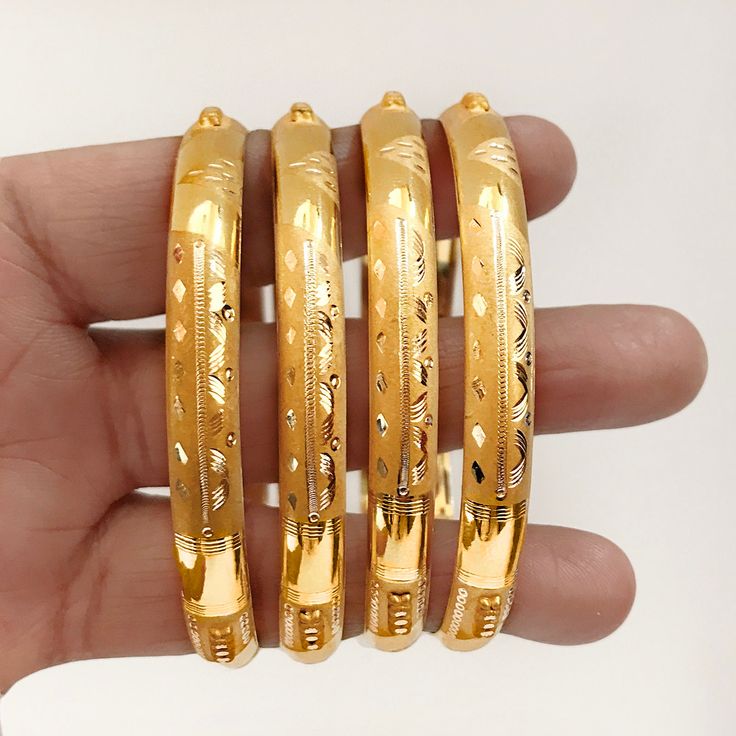The Rise of Tiffany Jewelry Replicas: A Trend in Luxury Knockoffs

In a world where luxury brands reign supreme, there lies a hidden treasure trove of replicas that have managed to captivate the hearts (and wallets) of many fashion enthusiasts. Among these imitations, one name stands out with its timeless elegance and iconic blue boxes – Tiffany jewelry replicas. From sparkling engagement rings to delicate necklaces, these knockoffs have become the latest trend in indulging in luxury without breaking the bank. Whether you’re a savvy shopper or a curious onlooker, join us as we delve into the rise of Tiffany jewelry replicas and explore their allure in this fascinating world of counterfeit chic.
Exploring the growing popularity of Tiffany replicas
The soaring popularity of Tiffany replicas in recent years is a fascinating phenomenon that cannot be ignored. In this age of social media, where image and perception often take precedence over substance, it seems that many individuals are now more interested in owning the brand than the actual product. This shift in consumer behavior can be attributed to several factors, including the rise of influencer culture and the desire to showcase wealth and status.
Furthermore, the widespread accessibility of Tiffany replicas has undoubtedly contributed to their growing appeal. In the past, luxury brands like Tiffany & Co were exclusive and reserved for those with substantial financial means. However, with advancements in technology and production techniques, replica manufacturers have been able to offer high-quality imitations at a fraction of the cost. This affordable alternative allows individuals from all walks of life to enjoy the prestige associated with owning Tiffany jewelry without breaking the bank.
While some may argue that purchasing replica items undermines the authenticity and charm of luxury brands like Tiffany & Co., others view it as a clever way to keep up with fashion trends without sacrificing financial stability or personal values. The rise of Tiffany replicas reflects not only a change in consumer mindset but also serves as an indication that traditional notions of luxury are evolving. As society becomes more conscious about sustainability and ethical consumption practices, replicas provide an opportunity for consumers to embrace style while minimizing environmental impact. Whether one sees them as knockoffs or affordable alternatives, it is undeniable that these replicas have carved out a significant space within modern fashion culture – blurring lines between what’s genuine.
The allure of luxury without the hefty price tag
Luxury has always held a certain allure, instantly conjuring up images of opulence and refinement. From high-end fashion brands to luxury cars, the appeal lies in the exclusivity and prestige associated with these coveted items. However, for many, the hefty price tag that often accompanies such luxury goods can be a major deterrent.
Enter the world of Tiffany jewelry replicas – an emerging trend that offers the allure of luxury without breaking the bank. While some may argue that replicas are mere imitations lacking the authenticity and craftsmanship of their original counterparts, others see them as a way to enjoy the aesthetic appeal of luxury without compromising on quality or style.
In fact, replicas have become so popular that they are now being sought after by not just budget-conscious consumers but also by those who want to experiment with different styles without investing too much money. It allows individuals to keep up with ever-changing fashion trends without emptying their wallets. And let’s face it; we all love a good bargain! The rise of Tiffany jewelry replicas has tapped into this desire for affordability while still offering consumers access to luxurious designs and sophisticated elegance.
The rise of online marketplaces for replicas
As fashion becomes more accessible and affordable, the demand for luxury goods has skyrocketed. However, not everyone can afford to splurge on high-end designer pieces, leading to the rise of online marketplaces for replicas. These online platforms offer a wide range of product categories, including jewelry, where replicas of luxury brands like Tiffany are incredibly popular.
One reason online marketplaces for replicas have gained so much momentum is their ability to cater to a wider audience. In the past, knockoff products were often sold in street markets or hidden corners of brick-and-mortar stores. Now, with just a few clicks, consumers can browse and compare different replicas from various sellers all over the world. This accessibility has made it easier than ever before for individuals who desire luxurious-looking pieces but cannot afford them at full price.
However, while there is undoubtedly a market for replica jewelry, it comes with its fair share of ethical concerns. The production of knockoff items involves copyright infringement and intellectual property theft—an issue that can hardly be overlooked. Manufacturers may exploit cheap labor or use low-quality materials in an effort to maximize profits and offer products at lower prices compared to their authentic counterparts. Balancing affordability with ethical consumption remains a complex challenge as the popularity of online marketplaces for replicas continues to grow.
Controversies surrounding replica jewelry industry
One of the biggest controversies surrounding the replica jewelry industry is the ethical dilemma it poses. While some argue that replica jewelry allows individuals to experience and enjoy the look and style of luxury brands without breaking the bank, others believe that purchasing replicas supports counterfeiting and harms designers and legitimate businesses. This controversy is particularly prevalent in the case of iconic brands like Tiffany & Co., whose designs are often imitated.
Another key issue in replica jewelry controversies is authenticity. Despite efforts by manufacturers to create high-quality replicas, there will always be a noticeable difference between authentic pieces and knockoffs. Some consumers argue that as long as they are aware they are buying a replica, there is no harm in enjoying a similar aesthetic at a fraction of the cost. However, this argument fails to address how this affects those who unknowingly purchase replicas or those who value originality and craftsmanship in their luxury purchases.
Furthermore, intellectual property infringement adds another layer of controversy to the replica jewelry industry. Many luxury brands invest heavily in design, research, and development to create unique pieces that reflect their brand identity. Replicas undermine these investments by illegally copying designs without permission or compensation for creative work. This not only damages brand reputation but also stifles innovation within the industry if designers fear their work will easily be copied and sold at a fraction of the price.
In conclusion, there are various controversies surrounding the replica jewelry industry, including ethical concerns about supporting counterfeiting, questions about authenticity versus affordability for consumers, and issues related to intellectual property infringement impacting
The implications for the luxury jewelry market
The rise of Tiffany jewelry replicas carries significant implications for the luxury jewelry market. First and foremost, it highlights the increasing demand for high-end pieces at more affordable prices. With replicas becoming increasingly indistinguishable from authentic items, consumers are no longer willing to pay exorbitant amounts just for a brand name. This trend challenges luxury brands to re-evaluate their pricing strategies and find new ways to justify the premium they charge.
Another implication is the potential loss of exclusivity and prestige associated with genuine luxury jewelry. As replicas flood the market, it becomes harder for consumers to differentiate between an original piece and a knockoff. This dilution of authenticity could lead some customers to turn away from established luxury brands altogether, as they seek out unique designs or up-and-coming designers who offer more distinctive options.
In response to this shift in consumer behavior, traditional luxury jewelers may need to rethink their marketing tactics. Emphasizing craftsmanship, heritage, and quality materials can help reinforce the value proposition of genuine luxury pieces that cannot be replicated on a mass scale. Retail experiences that focus on personalization and storytelling can also create emotional connections that counterfeit items simply cannot provide. Ultimately, as the popularity of replica jewelry grows, it is crucial for luxury brands to adapt and innovate in order to maintain their position in an evolving marketplace.
The future outlook for Tiffany replicas
As the popularity of Tiffany replicas continues to rise, one cannot help but wonder about the future outlook for these luxury knockoffs. While some may argue that replicas undermine the exclusivity and craftsmanship of genuine Tiffany jewelry, others see it as a more affordable way for a wider audience to enjoy the iconic designs. One possible future scenario is that Tiffany & Co. may adopt a more lenient stance towards replicas, capitalizing on their popularity to introduce lower-priced lines or collaborations with reputable replica manufacturers.
Another potential future trajectory is increased efforts by Tiffany & Co. and authorities to crack down on counterfeiters. With advancements in technology such as blockchain and AI, it is becoming increasingly difficult for counterfeiters to replicate high-quality pieces with precision. This could lead to stricter regulations and enforcement against replica sellers, making it harder for consumers to access knockoff items.
Whatever direction the future holds for Tiffany replicas, there is no doubt that this trend has made an impact on both the luxury market and consumer behavior. As consumer awareness grows, there may be an increasing demand for transparency and ethical sourcing practices from both luxury brands and manufacturers of replicas. Ultimately, it will be interesting to see how this ongoing battle between authenticity and affordability plays out in the evolving landscape of luxury knockoffs.
